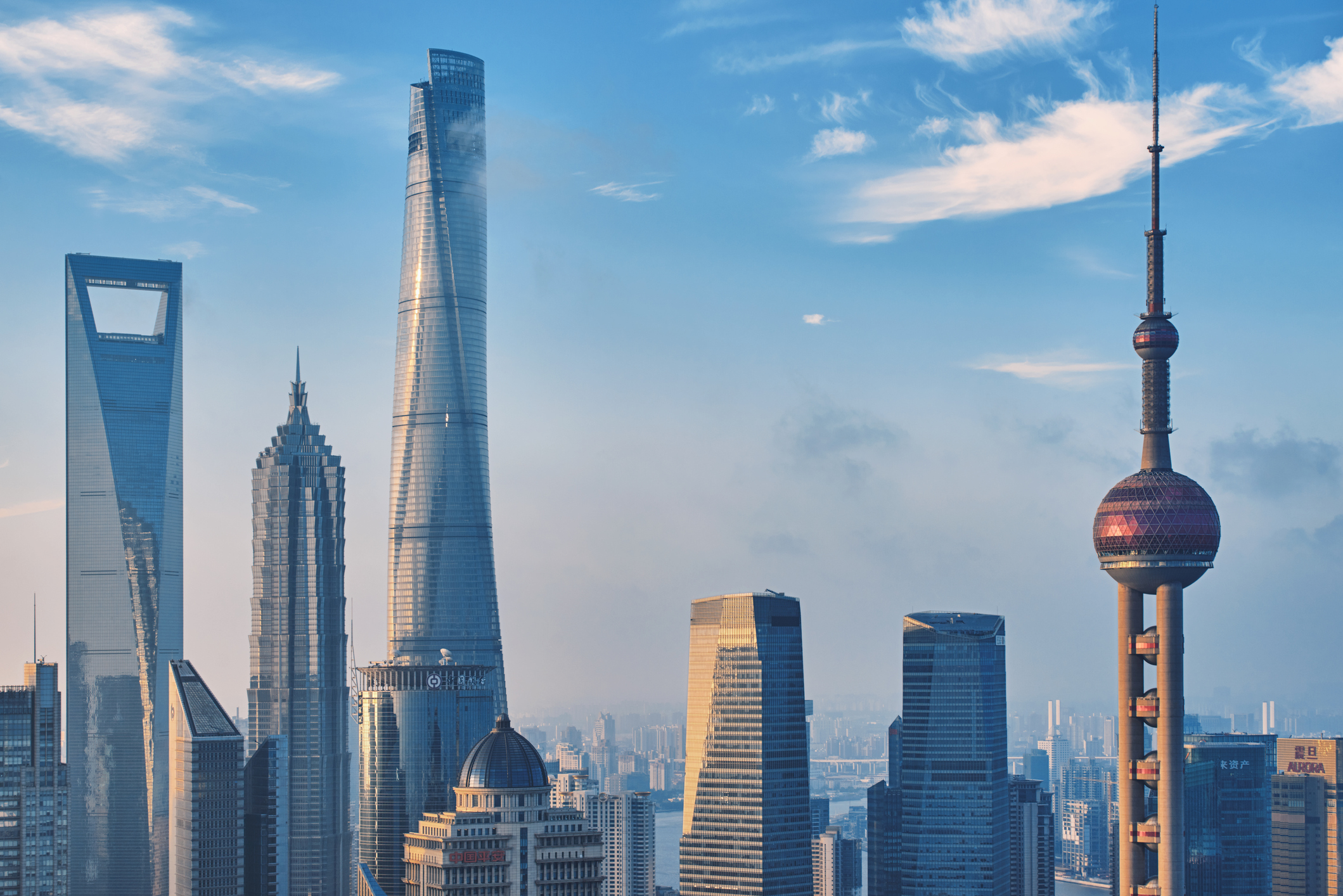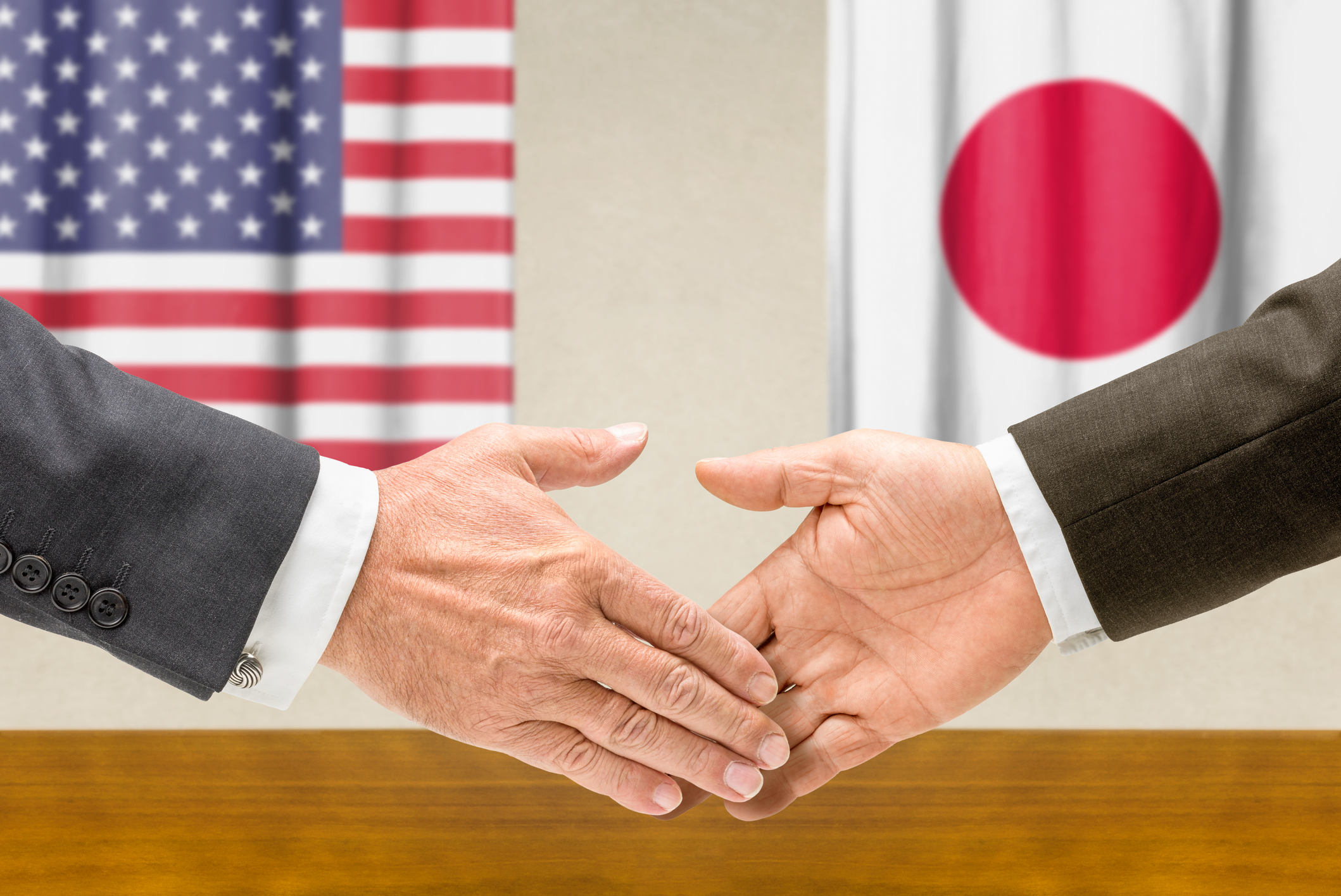
 A Hopeful Climate
A Hopeful ClimateUnited States Special Presidential Envoy for Climate John Kerry touched down in Shanghai this week for three days of meetings on climate cooperation between the world's two largest emitters of greenhouse gases. Kerry will meet with Xie Zhenhua, China's lead negotiator for the Paris climate agreement, and discuss the United States' virtual climate meeting next week. President Xi Jinping has yet to accept President Biden's invitation to the summit, although he attended a similar meeting on Friday with French President Emmanuel Macron and German Chancellor Angela Merkel.
Although the U.S. has reengaged on the issue of climate change under the new administration, some experts say China interprets these moves as simply catching up. Last month, Xie said, "We welcome the United States' return to the Paris Accord... and look forward to the United States striving to catch up and exercise leadership." China recently pledged to reach net zero carbon emissions by 2060, an ambitious goal according to some climate experts. A recent report said that China can achieve this if it closes down 588 coal-fired plants in the country, which would be roughly half of all China's coal plants. Read more on the nature of U.S.-China climate cooperation in Reviving Climate Cooperation, on China-US Focus.
While Kerry pushes forward with climate change negotiations, tensions between China and the U.S. intelligence community persist. The FBI recently stated that they have more than 2,000 open investigations into the Chinese government, with Federal Bureau Director Christoper Wray claiming the department has opened a new investigation on China "every 10 hours." China's ability to influence U.S.institutions is "deep and wide and persistent," according to the director, and also presents challenges to Chinese Americans. China's Foreign Ministry has previously accused the high frequency of investigations as "driven by ulterior motives," and defends its international activities as "strictly [observing] international law."
 Economic Surge
Economic SurgeChina reported 18.4% growth in their quarterly economic figures on Friday compared to the same time period last year, significantly surpassing other major economies in its pandemic recovery. The surge is largely due to an increase in retail and travel, as well as big infrastructure and construction projects. The growth has also been powered by an increased demand in electronics from a population still largely working remotely.
Despite encouraging numbers for the first quarter, experts are unsure how long China's economic surge will last. As COVID-19 outbreaks in China continue to flare up, China has continued to lock down entire cities to suppress the virus, which has severely hurt local businesses and restaurants. Strict border control has also continued to impact tourism and business travel. Earlier this month, Premier Li Keqiang emphasized that "new uncertainties" had emerged in the international environment, and that recovery remains uneven.
 Capital Meeting
Capital MeetingPresident Joe Biden met with Japanese Prime Minister Yoshihide Suga today in Washington, D.C. as tensions rise among East Asia's power players. The meeting marks Biden's first in-person meeting with a world leader as President. The two discussed issues of bilateral concern including cooperation on clean energy, 5G technology, and security cooperation, as well as developments in both nations' ties with China, with which both share complex relations. On the topic of China, Prime Minister Suga expressed the importance of maintaining "peace and stability of the Taiwan Strait." Leading up to the meeting, Foreign Ministry spokesperson Zhao Lijian said that "China has no problem with the development of normal bilateral ties between the U.S. and Japan, but this relationship should be conducive to enhancing mutual understanding and trust among regional countries and peace and stability in the Asia Pacific, and should not target any third party or undermine third party interests."
China also rebuked the Japanese government's plans to start dumping radioactive wastewater from the 2011 Fukushima nuclear power plant disaster into the Pacific Ocean. South Korea, the Philippines, and domestic environmentalist groups also opposed the move, whereas U.S. Secretary of State Antony Blinken thanked Japan for its transparency in its disposal efforts. Read more on the countries' complex triangular relationship in Philip Cunningham's latest article, U.S., China and Japan: A Stable Triangle?, on China-US Focus.
Prepared by China-US Focus editorial teams in Hong Kong and New York, this weekly newsletter offers you snap shots of latest trends and developments emerging from China every week, while adding a dose of historical perspective.
- 2021-04-09 Technological Frontiers
- 2021-04-02 Back to Basics
- 2021-03-26 The Biden Era
- 2021-03-19 “A Strong Smell of Gunpowder and Drama”
- 2021-03-12 Bridging the Divide
- 2021-03-05 A Tale of Two AI Superpowers
- 2021-02-26 Changing of the Guard
- 2021-02-20 Collective Approaches
- 2021-02-13 Hopes for a Bullish Year
- 2021-02-05 “The Most Serious Competitor”
- 2021-01-29 Looking Towards Multilateralism
- 2021-01-22 Biden’s China Path
- 2021-01-16 Becoming a "Technological Superpower"
- 2021-01-08 Capital Chaos
- 2020-12-18 All Eyes on 2021
- 2020-12-12 Midwest to Middle Kingdom?
- 2020-12-04 Shifting Winds
- 2020-11-21 Multilateralism on the Move
